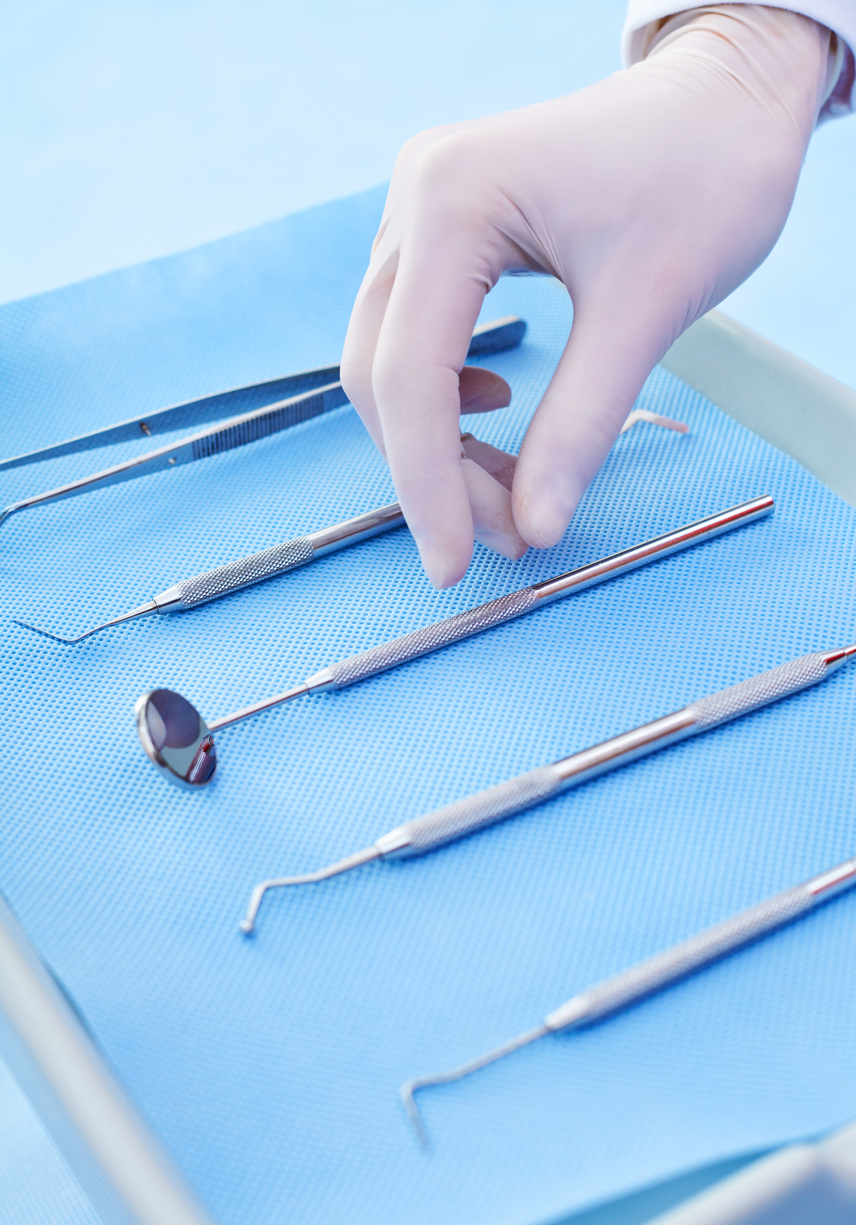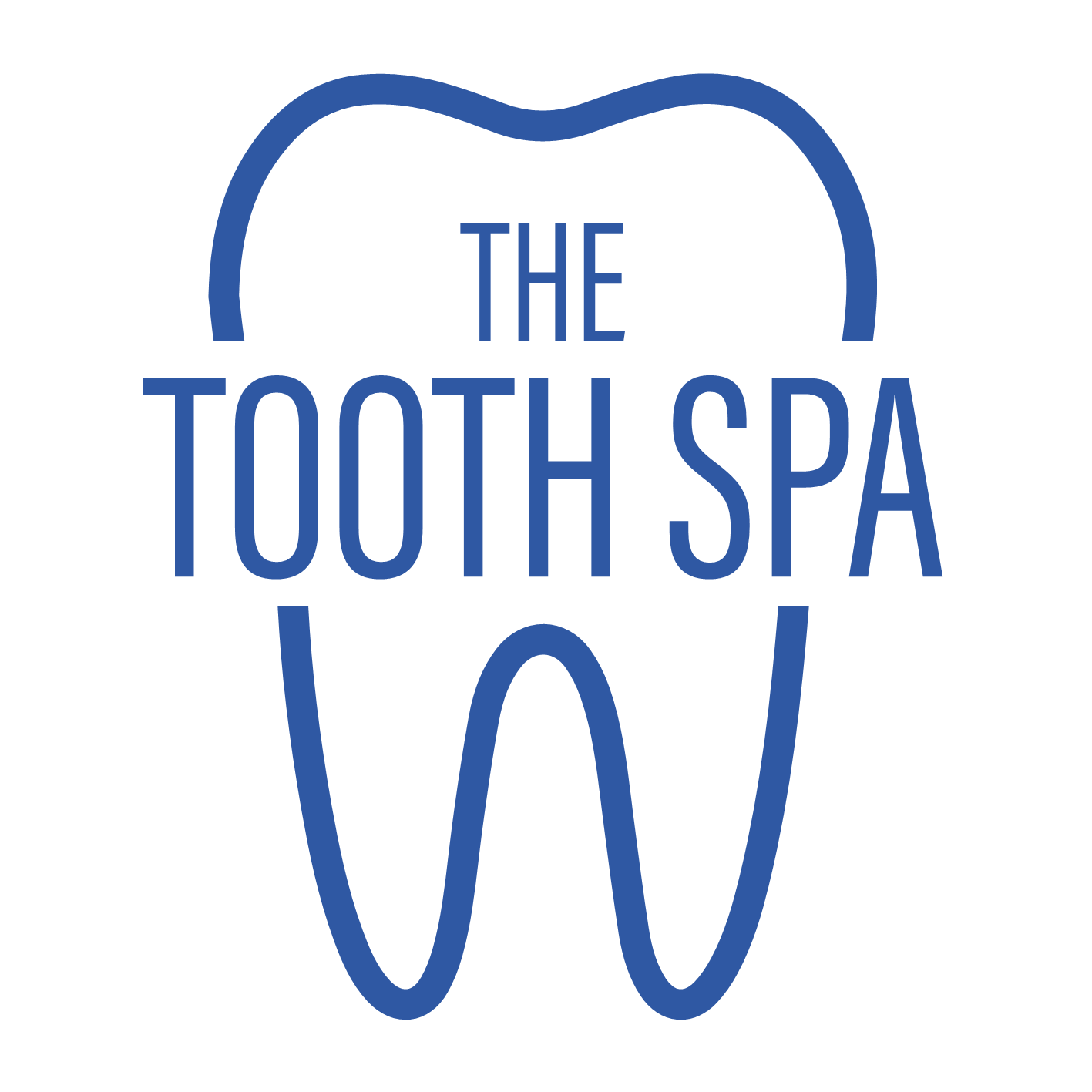Anxiety is a normal human emotion. It’s a response to stressors that helps you get ready to deal with a threat or danger. Anxiety can be good for you, as it can motivate you to accomplish goals and take care of yourself. But when anxiety becomes excessive, it can interfere with your daily life and ability to function.
Dentist anxiety can make even the most routine visit to the dentist a nightmare. And while it’s not life-threatening, it can be a significant source of stress. But don’t worry — there are ways to ease your dentist anxiety. Dentist anxiety can make us avoid our dental appointments for months or even years at a time — which is exactly the opposite of what we should be doing. Regular visits to the dentist are important for oral health and overall wellness.
Dentist anxiety is a common problem, but it’s not a reason to avoid the dentist. Instead, there are steps you can take to help ease your fears and worries. Here are 10 tips to help you feel more at ease during your next dental appointment:
1) Get a Second Opinion
If you’re worried about going to the dentist because of past experiences, ask for a second opinion from another dentist or hygienist prior to scheduling an appointment. This can help alleviate some of the anxiety associated with going back to a dentist who made you uncomfortable or unhappy in the past.

2) Find a Good Fit
Do your research on dentists in your area and find one that seems like a good fit for you — someone who uses techniques that work for you and listens intently when you’re explaining what makes you nervous about going to the dentist in the first place will make all the difference in how relaxed and comfortable you feel while sitting in that chair!
3) Book in Advance
If you can, try to schedule your dental appointment at least three months in advance, especially if you’re having a major procedure such as a root canal or crowns or veneers done. This will allow you to mentally and emotionally prepare yourself for the upcoming procedure.

4) Allergy Information
Tell your doctor about any allergies or sensitivities to medications or treatments that might be used during your visit (for example, if you’re allergic to Novocain or if you’ve had bad reactions to antibiotics).
5) Trust Reputation
You may have been dealing with anxiety for years, but finding a dentist who understands what you’re going through can make all the difference in easing your fears. You can ask friends or co-workers for recommendations, or search online for dentists who specialise in treating patients with dental phobias and anxiety disorders.
6) Use Anxiety Easing Techniques
Use relaxation techniques like deep breathing exercises or visualisation exercises before going into the exam room; this will help calm down nerves and reduce anxiety related to visiting the dentist’s office for care.
7) Ask Questions
If possible, try to learn about what will happen during your appointment before it happens so that you don’t have to go into it blind (or in this case, without knowing what’s going on). You can ask questions about what will be done during any procedures and talk with other patients who might have had similar experiences (but only after getting permission from them first).
8) Bring a Friend
Bring someone along with you to all appointments; it’s helpful to have someone there who can speak up if something goes wrong or if they don’t understand what’s happening during treatment. This person can also help take notes about what’s discussed during appointments for future reference, too!
Tooth Care Between Visits
To avoid dental issues dental hygiene is important. Brush your teeth twice a day and floss at least once. Visit your dental hygienist regularly for professional cleaning. Don’t wait until a toothache starts to seek treatment. Go to the dentist right away if you feel any pain or discomfort in your teeth or gums, or if there is discoloration on them. For more information you can contact us.
Get emergency treatment if necessary. If you have an acute dental problem that requires immediate attention, such as an infection or abscessed tooth, don’t wait until your next routine visit to see your dentist. If possible, call ahead and ask if the office can fit you in for an emergency appointment within 24 hours or less. That way, you won’t run into any scheduling conflicts with other appointments or holidays that may affect your availability.
For more information, contact The Tooth Spa now!
If you would like more information on some great ways to help your dentist anxiety, or you would simply like to arrange an appointment with a dentist who will take your worries and concerns seriously, get in touch with The Tooth Spa today! We’re here to help address any dental issues you may be experiencing and provide you with expert care and treatment! Call us today for general services or if you need an emergency appointment!
